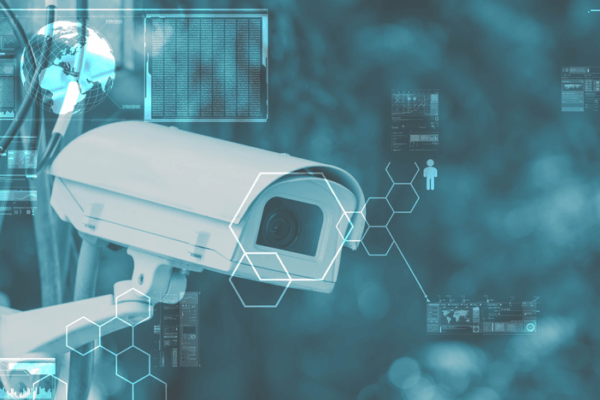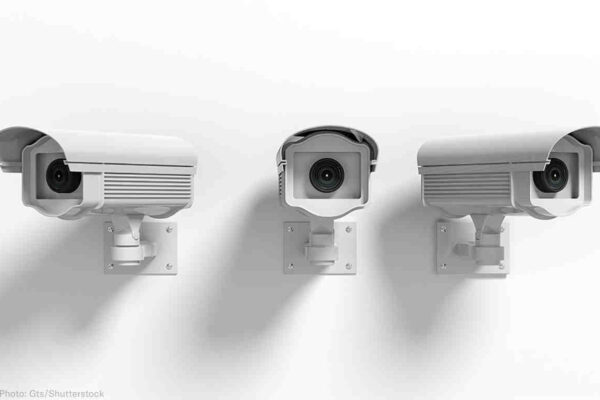Privacy & Technology

What you need to know
1986
The federal law protecting your electronic information was passed in 1986, making it older than the World Wide Web.
4th
The government argues that the Fourth Amendment protects information that you keep in your desk, but not information that you keep online, like old emails or pictures.
The fact that technology now allows an individual to carry such information in his hand does not make the information any less worthy of the protection for which the Founders fought.”
—U.S. Supreme Court Chief Justice John Roberts in Riley v. California (2014)
Technological innovation has outpaced our privacy protections. As a result, our digital footprint can be tracked by the government and corporations in ways that were once unthinkable.
This digital footprint is constantly growing, containing more and more data about the most intimate aspects of our lives. This includes our communications, whereabouts, online searches, purchases, and even our bodies. When the government has easy access to this information, we lose more than just privacy and control over our information. Free speech, security, and equality suffer as well.
Americans should not have to choose between using new technologies and protecting their civil liberties. We work to ensure a future in which the Fourth Amendment ban on unreasonable searches extends to digital property and your data is your own.
The Latest

ACLU of Louisiana Issues Statement After New Orleans City Council Reverses Surveillance Ban, Expands Use of Racist Technologies

ACLU of Louisiana Sues Louisiana State Police for Facial Recognition Documents

ACLU of Louisiana Statement on Facial Recognition Ban Passed by New Orleans City Council
Stay Informed
Sign up to be the first to hear about how to take action.
By completing this form, I agree to receive occasional emails per the terms of the ACLU’s privacy statement.
By completing this form, I agree to receive occasional emails per the terms of the ACLU’s privacy statement.

